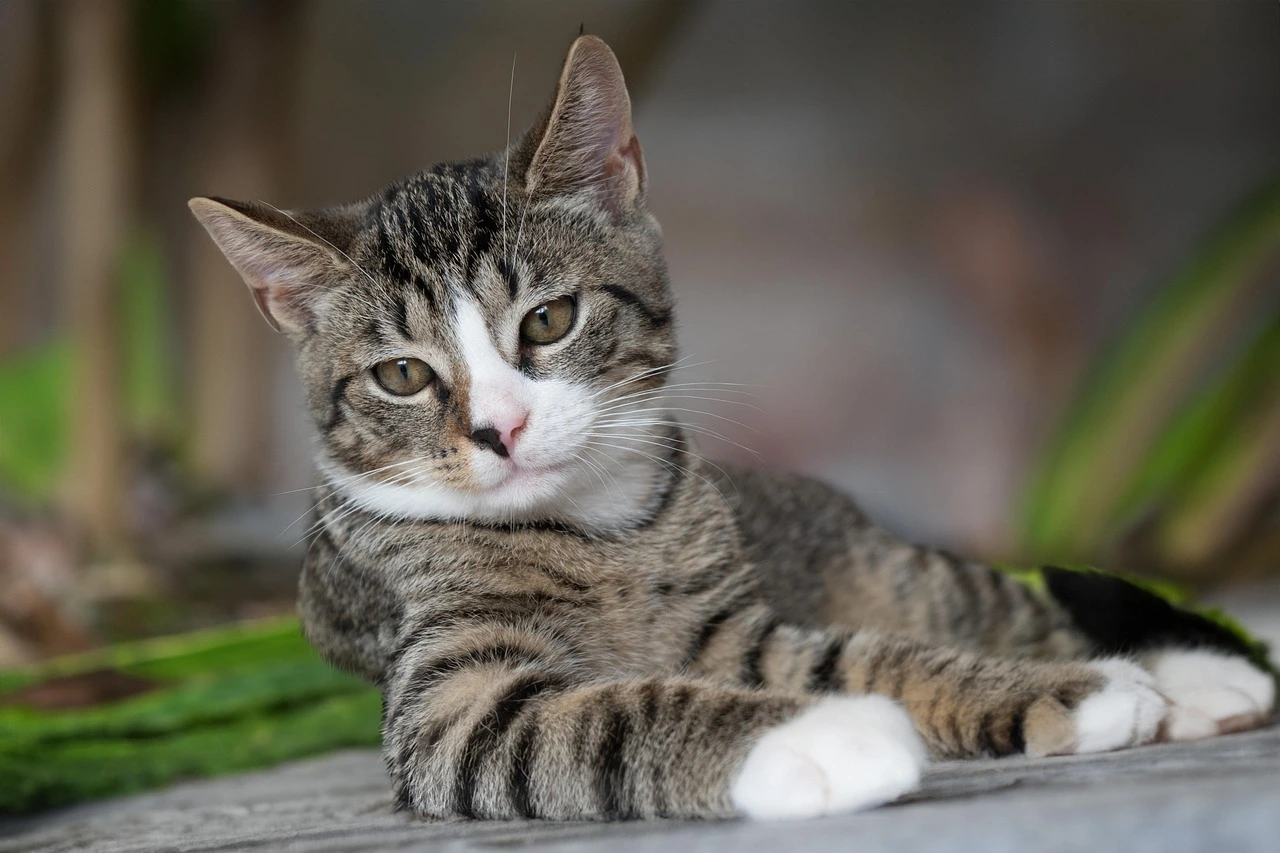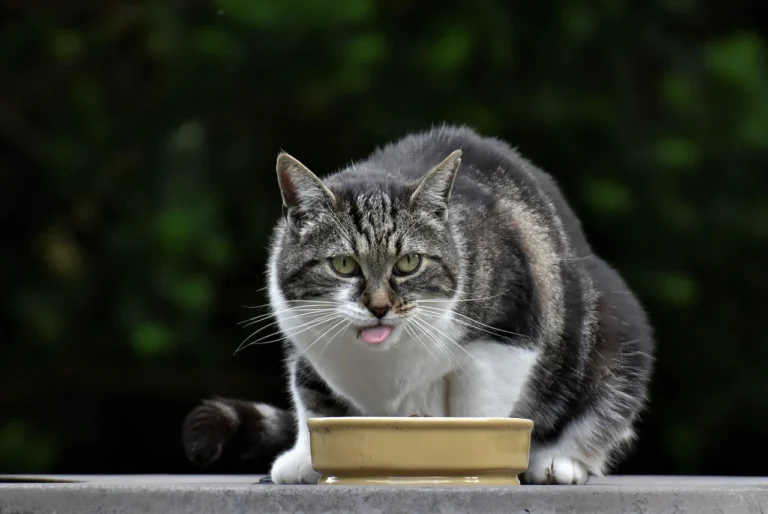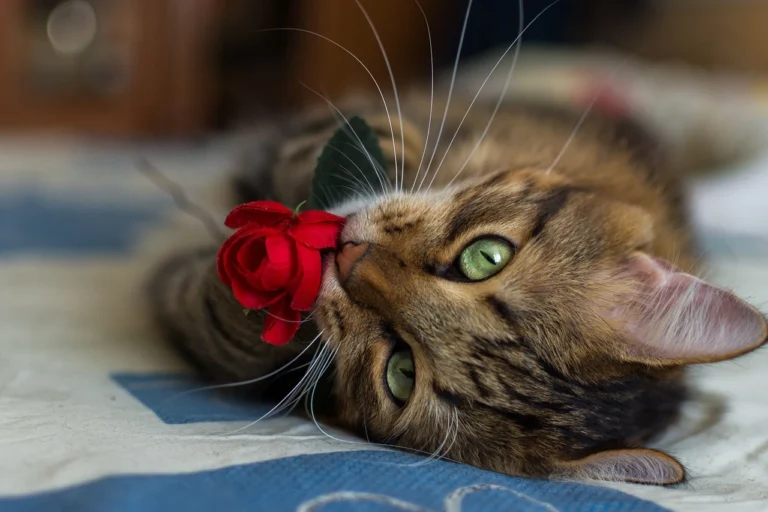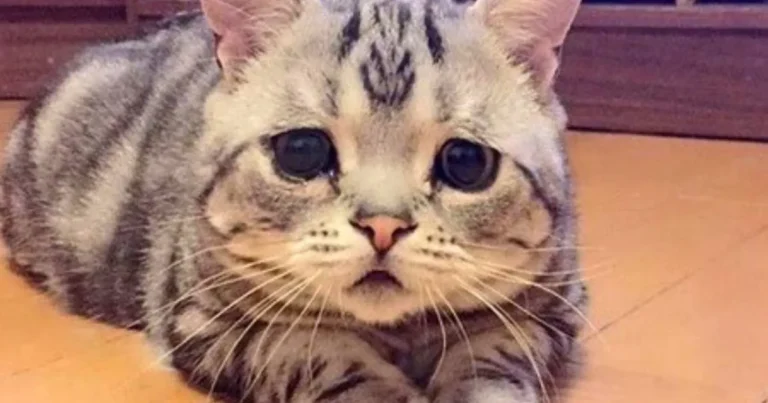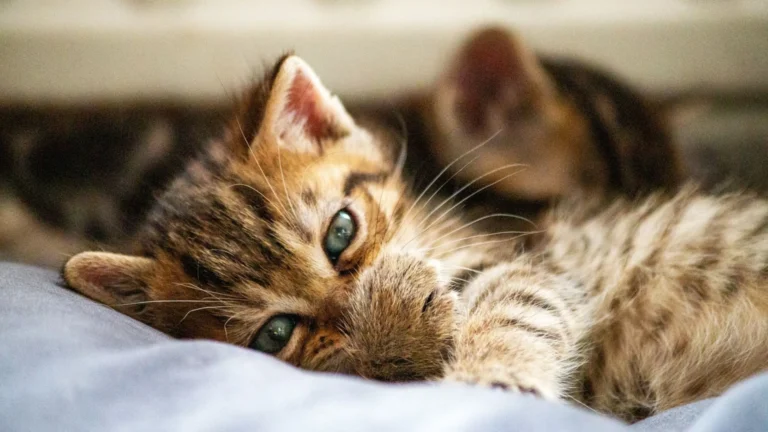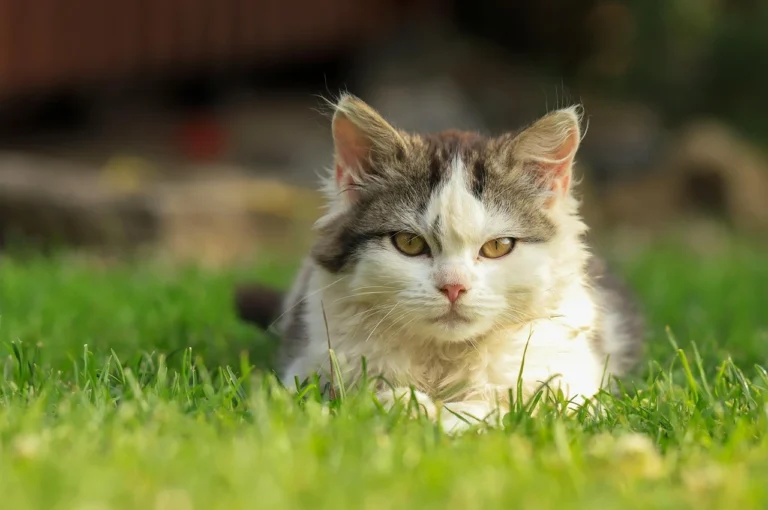Is Peanut Butter Good for Cats or Just a Risky Treat?
As a devoted cat parent, I’ve often wondered about the treats I share with my furry companion. The burning question many pet owners ask is: is peanut butter good for cats? While those adorable whiskers might twitch with curiosity when you open a jar, the answer isn’t as straightforward as you might think.
Cats and peanut butter have a complicated relationship. Though peanut butter isn’t immediately toxic to cats, it’s far from an ideal treat. Your feline friend’s dietary needs are unique and complex, requiring careful consideration of every morsel that enters their diet.
Before you consider offering a spoonful of this creamy spread, it’s crucial to understand the potential risks and nutritional implications. Cats have specific dietary requirements that differ dramatically from humans. What seems harmless to us could pose unexpected challenges for your pet’s health and well-being.
In this comprehensive guide, we’ll dive deep into the world of cats and peanut butter, exploring everything from nutritional value to potential health concerns. By the end, you’ll be equipped with the knowledge to make informed decisions about your cat’s diet and treat options.
Table of Contents
Understanding Cats’ Nutritional Needs as Obligate Carnivores
Cats are special animals with specific dietary needs. They are obligate carnivores, needing a meat-based diet for health. Unlike humans, cats can’t digest plant-based proteins well. This makes peanut butter a questionable treat for them.
Why Cats Need Meat-Based Diets
Cats can’t process plant proteins like humans do. Their bodies are made to get nutrients from animal tissues. This means peanut butter doesn’t offer much for cats. They need amino acids and nutrients found in meat.
- Taurine – an essential amino acid found only in animal proteins
- Complete protein sources with all necessary amino acids
- High-quality animal-based nutrients
The Role of Protein in Feline Nutrition
Protein is key for your cat’s health. Cats need a diet rich in animal proteins. Peanut butter, while protein-rich for humans, doesn’t meet cats’ nutritional needs.
| Nutrient | Meat Source | Peanut Butter |
|---|---|---|
| Protein Quality | Complete Amino Acids | Incomplete Protein |
| Digestibility | High | Low for Cats |
| Essential Nutrients | Taurine, Vitamins | Limited Nutritional Value |
Natural Dietary Patterns of Cats
In the wild, cats hunt and eat whole prey. This diet gives them the nutrients they need. Peanut butter can’t replace this natural diet, making it a bad choice for cats.
Is Peanut Butter Good for Cats: Expert Veterinary Insights
Veterinary experts have a warning about cats and peanut butter. While it’s not toxic, it’s not a good treat for cats.
“Cats are obligate carnivores with specific dietary needs that peanut butter simply cannot meet,” says Dr. Rachel Klein, a renowned veterinary nutritionist.
Peanut butter and cats have a tricky relationship. Most vets say no to giving it to cats for good reasons:
- High fat content can lead to obesity
- Low nutritional value for cats
- Potential digestive complications
- Risk of choking or allergic reactions
Cats can’t digest plant-based proteins well. Peanut butter’s sticky nature can cause problems:
- Potential intestinal blockages
- Difficulty in swallowing
- Unnecessary caloric intake
Vets all agree: cats need meat proteins more. Peanut butter doesn’t offer much nutrition and could harm your cat’s health if eaten often.
Potential Health Risks of Feeding Peanut Butter to Cats
Cats have special dietary needs that make peanut butter treats risky. Many pet owners might want to share this snack. But, the dangers of giving cats peanut butter can be greater than any fun it might bring.
Digestive System Concerns
Your cat’s digestive system isn’t made for peanut butter. The thick, sticky texture can upset their stomach. This might cause symptoms like:
- Persistent diarrhea
- Stomach cramps
- Painful bloating
- Potential vomiting
Weight Management Challenges
Peanut butter treats can lead to serious weight issues in cats. The high calorie and fat content can cause obesity. This can lead to many health problems.
| Peanut Butter Nutritional Impact | Potential Health Risks |
|---|---|
| High Fat Content | Rapid Weight Gain |
| Excess Caloric Density | Diabetes Risk |
| Low Nutritional Value | Metabolic Disorders |
Choking and Safety Considerations
Peanut butter’s thick, sticky nature is a choking hazard for cats. It can easily get stuck in their throat. This could lead to breathing problems.
“Prevention is always better than cure when it comes to your cat’s nutrition.” – Veterinary Nutrition Experts
Knowing the risks of feeding cats peanut butter helps you make better choices. This ensures your cat stays safe and healthy.
Hidden Dangers: Xylitol and Other Harmful Ingredients
When picking the best peanut butter for cats, owners must watch out for hidden dangers. Xylitol, a sweetener in some peanut butters, is very harmful to cats.
It’s important to know the risks of peanut butter for cats. Xylitol can be dangerous, even though it’s more studied in dogs. It can cause:
- Sudden blood sugar drops
- Potential liver damage
- Neurological complications
Not all peanut butters are safe. Always check the ingredients. Look for natural peanut butter without:
- Artificial sweeteners
- Added salt
- Excessive sugar content
Some peanut butters have harmful additives. Always talk to your vet before giving your cat human food.
Remember: When in doubt, prioritize your cat’s safety over treating them to potentially risky foods.
Nutritional Value of Peanut Butter for Cats
When we think about whether peanut butter is good for cats, we need to look at its nutritional value. Humans love this creamy spread, but cats have different dietary needs. This makes peanut butter not a great treat for them.
Peanut butter doesn’t offer much nutrition for cats. Cats need certain nutrients that peanut butter can’t provide. Let’s look at why peanut butter isn’t good for their diets.
Caloric Content and Fat Levels
One tablespoon of peanut butter has about 100 calories. For cats, this is a big part of their daily calories. It can cause weight problems.
| Nutritional Component | Amount per Tablespoon | Relevance for Cats |
|---|---|---|
| Total Fat | 16 grams | Excessive for Feline Diet |
| Protein | 8 grams | Low-Quality for Cats |
| Carbohydrates | 3 grams | Unnecessary for Carnivores |
Protein vs. Fat Ratio Analysis
Looking at peanut butter for cats, the protein-to-fat ratio is key. Peanut butter has some protein, but it’s not as good as meat for cats.
- Plant-based proteins are less bioavailable for cats
- High fat content outweighs protein benefits
- Lacks essential amino acids cats require
Veterinary nutritionists say cats should eat protein from animal sources. These provide the nutrients cats need.
Safe Ways to Give Medications to Cats Without Peanut Butter
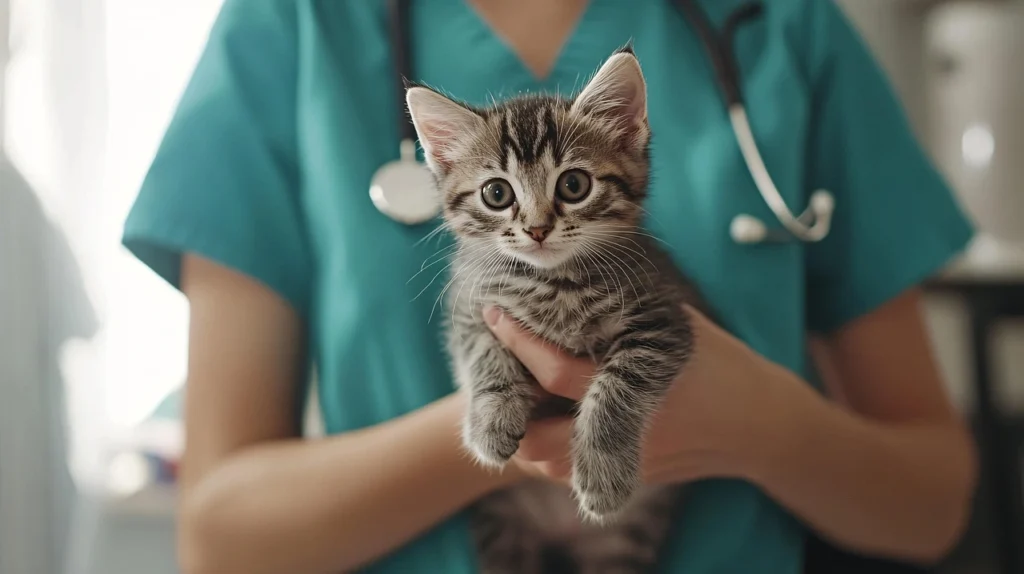
It can be tough to give medicine to cats. Some people think about using peanut butter to hide pills. But, vets say this is not a good idea for cats and peanut butter.
Cats need special food, and peanut butter is not right for them. There are safer ways to give medicine to your cat. These methods help your cat take their medicine without stress.
- Use specialized pill pockets designed specifically for cats
- Mix medications with small amounts of wet cat food
- Crush pills and blend them into a tasty soft treat
- Ask your veterinarian about liquid medication options
Remember, using peanut butter for medicine is not safe. It has too much fat and can be a choking hazard for cats.
Professional veterinarians recommend consulting with your pet’s healthcare provider for personalized medication administration techniques.
It’s important to find a way that’s easy for both you and your cat. This ensures your cat gets their medicine safely and without stress.
Healthy Treat Alternatives for Your Feline Friend
Peanut butter treats for cats might look appealing, but vets say there are better choices. These options are safer and more nutritious for your cat. They should support your cat’s health and taste buds.
Cats need special nutrition that’s different from human snacks. The best alternatives are high in protein and low in carbs. This matches their natural diet as meat-eaters.
Veterinarian-Recommended Treats
- Commercial cat treats specifically formulated for feline nutrition
- Freeze-dried meat treats preserving natural nutrients
- Small pieces of cooked chicken or fish
- Lean protein-based commercial snacks
Natural Food Options
| Treat Type | Nutritional Benefits | Serving Size |
|---|---|---|
| Cooked Chicken | High protein, low fat | Small bite-sized pieces |
| Salmon Flakes | Omega-3 fatty acids | 1-2 teaspoons |
| Freeze-Dried Chicken | Concentrated protein | 2-3 small pieces |
Always choose treats that are good for your cat’s health. Consult with your veterinarian to make sure the treats fit into their diet. They can help pick the right ones for your cat’s needs.
Signs of Peanut Butter Intolerance in Cats
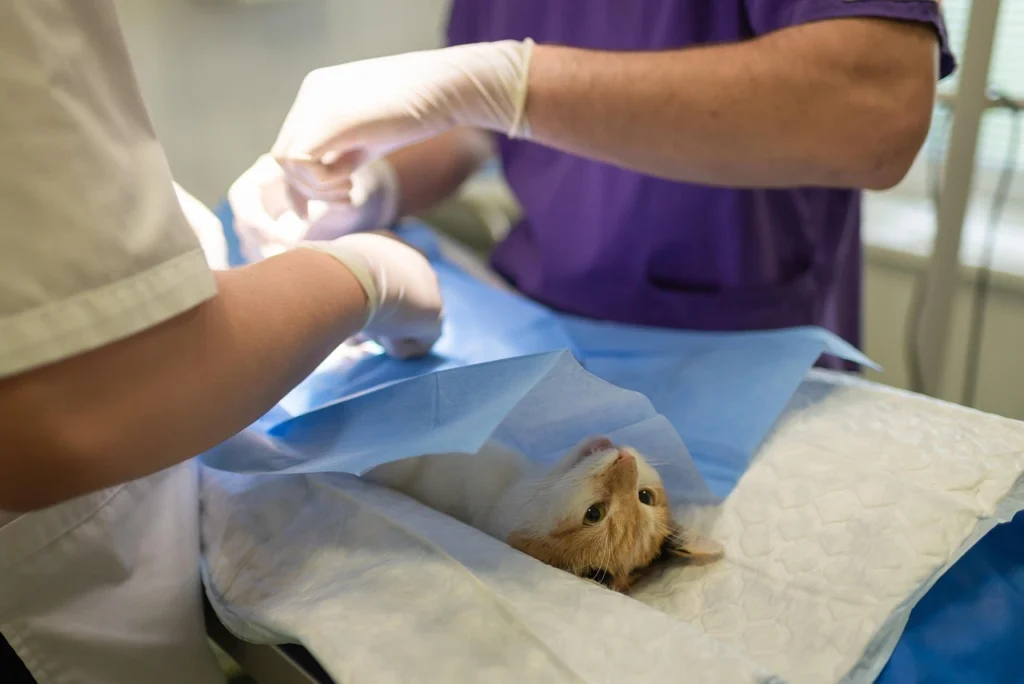
Feeding cats peanut butter can be risky. It’s important to know the signs of intolerance. Cats digest food differently than humans, so watch for warning signs after giving them peanut butter.
Your cat might show several signs of peanut butter intolerance. These symptoms can be mild or severe and need quick attention:
- Persistent vomiting
- Unexpected diarrhea
- Abdominal discomfort or bloating
- Reduced appetite
- Unusual lethargy
Some cats may have serious allergic reactions to peanut butter. Can cats eat peanut butter without complications? Not always. Look out for these extra warning signs:
- Skin irritation or excessive scratching
- Swelling around the face or mouth
- Difficulty breathing
- Sudden behavioral changes
Veterinarians say that cats react differently to new foods. So, it’s key to watch them closely.
If your cat shows any of these symptoms after eating peanut butter, call your vet right away. Quick action can stop serious problems from peanut butter intolerance.
| Symptom Category | Potential Severity | Recommended Action |
|---|---|---|
| Digestive Distress | Mild to Moderate | Monitor and consult veterinarian |
| Allergic Reaction | Severe | Immediate veterinary care |
| Respiratory Issues | Critical | Emergency medical attention |
Conclusion
Is peanut butter good for cats? The answer is no. Cats need a special diet that matches their carnivorous nature. This diet is carefully balanced for their health.
Peanut butter is not good for cats. Even small amounts can be risky. Cats need high-protein, meat-based foods to stay healthy.
Your vet is the best person to ask about food for your cat. They know what’s best for your pet. This ensures your cat stays healthy and happy.
Being a responsible pet owner means choosing the right food for your cat. Stick to foods and treats that your vet recommends. This keeps your cat healthy and happy.

